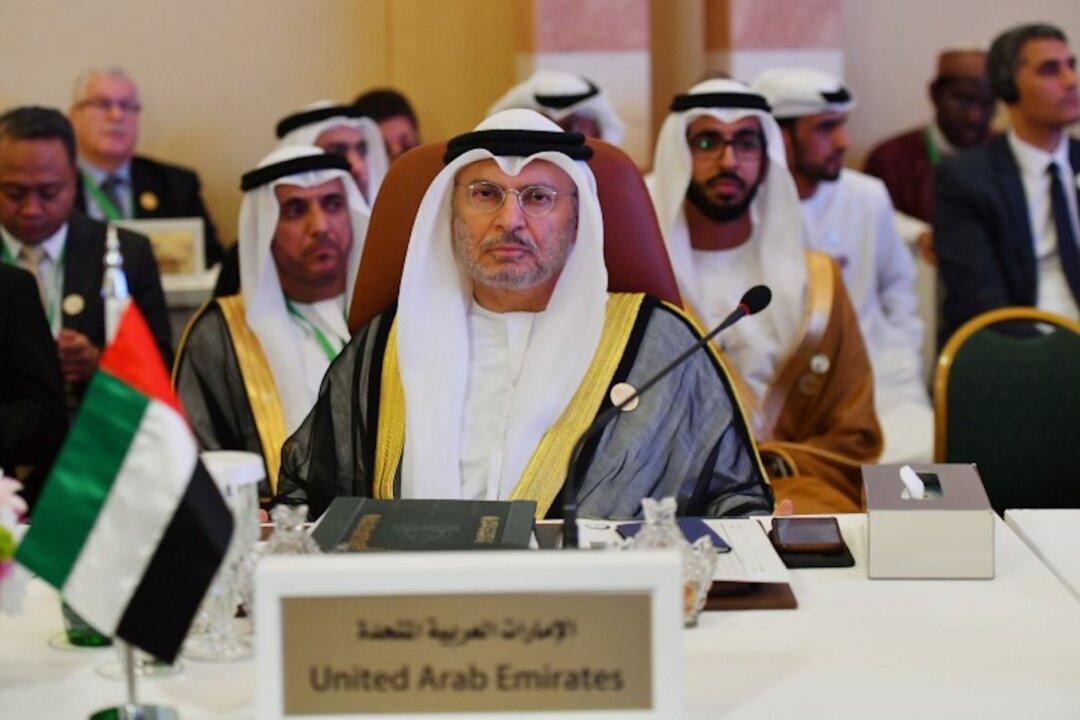United Arab Emirates authorities announced Monday that the country’s first nuclear power plant has been given the green light to operate, making it the first such facility to deploy in the Arab world.
A senior official at the UAE’s nuclear regulator called the move a “historic moment” and told a news conference in Abu Dhabi that the license would be granted to plant operator Nawah Energy Company for a period of 60 years, AFP reported.





